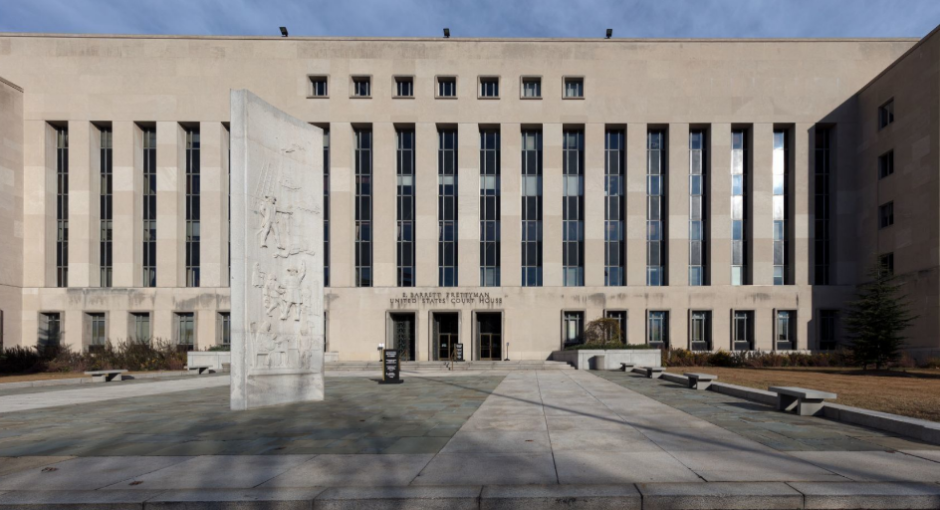Drug manufacturers Novartis and United Therapeutics (UT) last night urged a federal appeals court in Washington, D.C., to affirm a lower court’s November 2021 judgement that the 340B statute does not stop manufacturers from attaching any conditions to 340B drug sales involving contract pharmacies.
U.S. District Judge Dabney Friedrich of the U.S. District Court for the District of Columbia on Nov. 5 set aside the U.S. Health Resources and Services Administration’s (HRSA) May 17 letters telling Novartis and UT their restrictions on 340B contract pharmacy were illegal and resulted in overcharges that must be repaid, or the companies could face civil fines.
Friedrich ruled that the 340B statute does not prohibit drug makers from attaching any conditions to 340B sales. But, she said, the statute does not permit all such conditions. Any new enforcement action against Novartis and UT would need to be based “on a new statutory provision, a new legislative rule, or a well-developed legal theory that Section 340B precludes the specific conditions at issue here,” Friedrich said.
The government appealed Friedrich’s ruling to the U.S. Court of Appeals for the District of Columbia in late December. It filed its brief last month urging the court to overturn Friedrich’s decision. Twenty-five states filed a friend of the court brief on May 16 backing the government position.
Novartis and UT filed their briefs last night.
“The 340B statute speaks to the purchase of covered outpatient drugs by covered entities,” Novartis told the appeals court. “It says nothing about deliveries of covered outpatient drugs to non-covered entities. The district court correctly rejected the government’s attempt to parlay statutory silence into a statutory mandate that manufacturers comply with covered entities’ unilaterally-dictated delivery arrangements. … The district court correctly set aside HRSA’s violation letter. The judgment should be affirmed.”
UT told the appeals court that the text of the 340B statute “imposes a straightforward, limited obligation: pharmaceutical manufacturers are obligated to “offer” 15 specified types of statutorily defined “covered entities”—healthcare facilities intended to serve indigent, underinsured, and vulnerable patient populations—the opportunity to “purchase” certain outpatient drugs at a discounted rate. The statute does not require manufacturers to provide discounted drugs to anyone other than covered entities, nor does it limit manufacturers’ historic rights (as sellers) to set the other commercial terms of sale beyond the price. Accordingly, and as the district court properly held, the statute does not bar all commercial terms set by manufacturers as the agency asserted here.”


